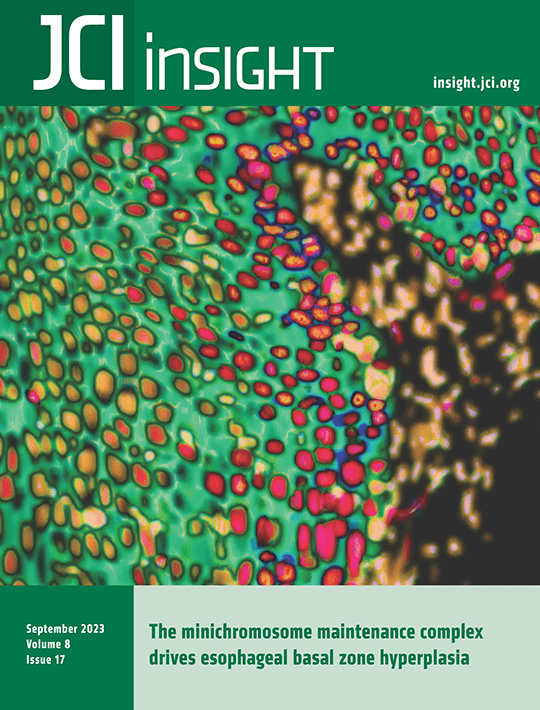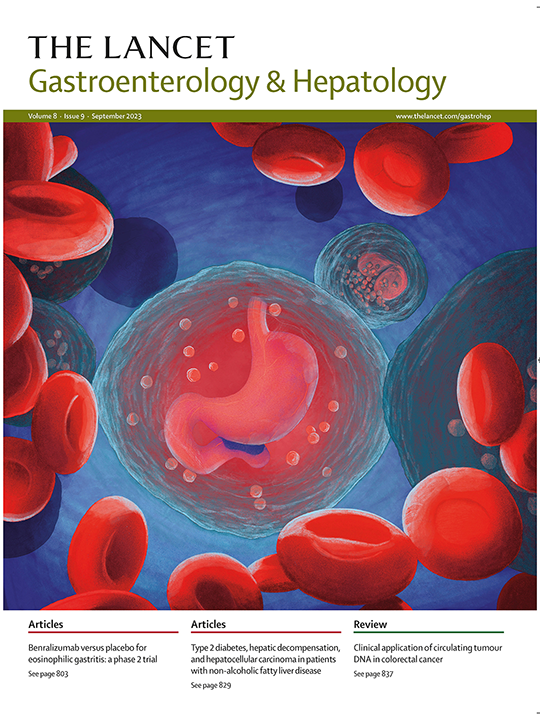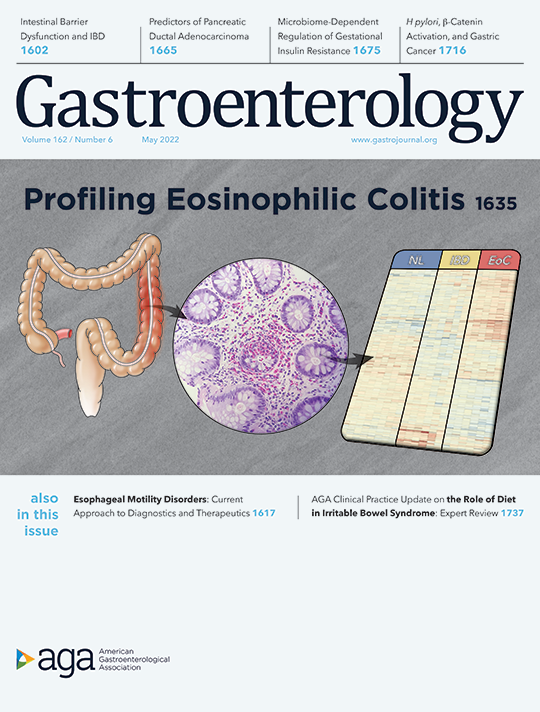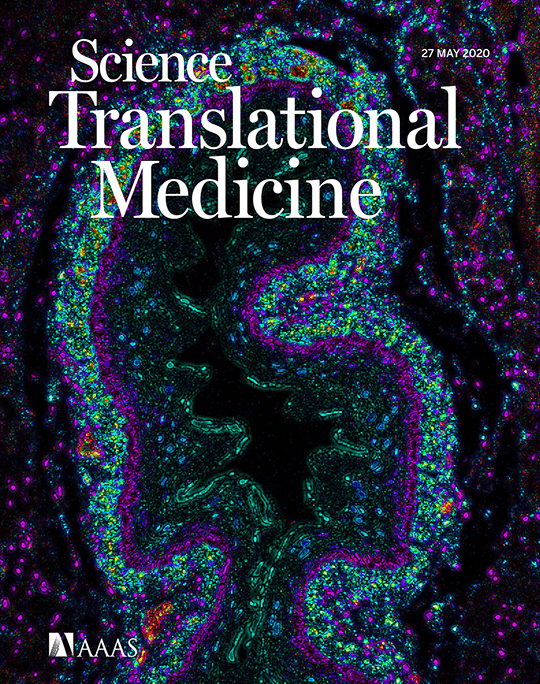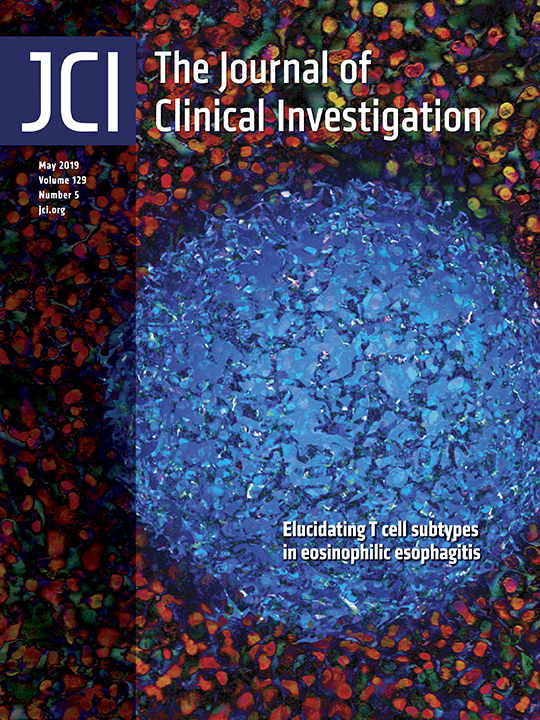Research for Allergic and Immunological Diseases
The Division of Allergy and Immunology at Cincinnati Children’s conducts leading research focused on elucidating the causes, mechanisms and most effective treatment of allergic and immunological diseases.
Mission
To improve the health of children with allergic and immune conditions through innovative research, outstanding clinical care and education of the current and next generation of leaders in healthcare and research.
Bench to Bedside
Our research spans fundamental studies, translational investigations, genetic and genomic analyses, computational science, and clinical trials to enhance our understanding of immunity with a focus on mast cells, eosinophils, macrophages, lymphocytes, epithelium and stem cells.
Innovation
Laboratories are led by nationally recognized researchers and employ state-of-the-art model systems for genetic, biochemical, immunological and physiological analysis, including novel models of immunological diseases, developed and / or fine-tuned by divisional researchers to provide unprecedented systems to investigate key inflammatory steps involved in allergic and immunological disease.
